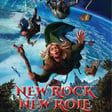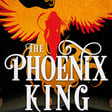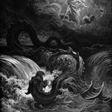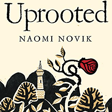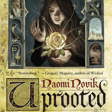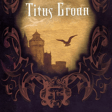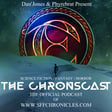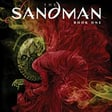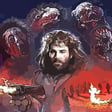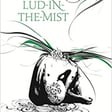
On Short Stories with John Langan
Christopher and Dan are joined by horror writer John Langan, whose great horror novel The Fisherman finally is out now in the UK, an inexplicable seven years after being first published in most other territories.
John talks to us about the health and wellbeing of Laird Barron, one of the other members of the modern horror brat pack, who suffered recent well-publicised ill-health.
We also talk about the methods and madness of writing short stories, touch upon a few of John's acclaimed short fiction, and the relationship between geography and horror.
Elsewhere Lieutenant Bungalow returns, enlightened, from a trip to Olympus Mons where he found the Salmon of Insight (insight, insight, insight). Captain Halfmikcarton, however, remains unconvinced.
Join us next month when we'll be joined by filmmakers Gregg Hale and Ed Sanchez, who'll be talking about Jonathan Glazer's masterful 2013 horror film Under The Skin, as well as their forthcoming project Black Velvet Fairies. They'll also be chatting to us about the 25th anniversary of one of the greatest and most original horror films of all time, The Blair Witch Project.
Image credit: Andyp89 of deviantart.



